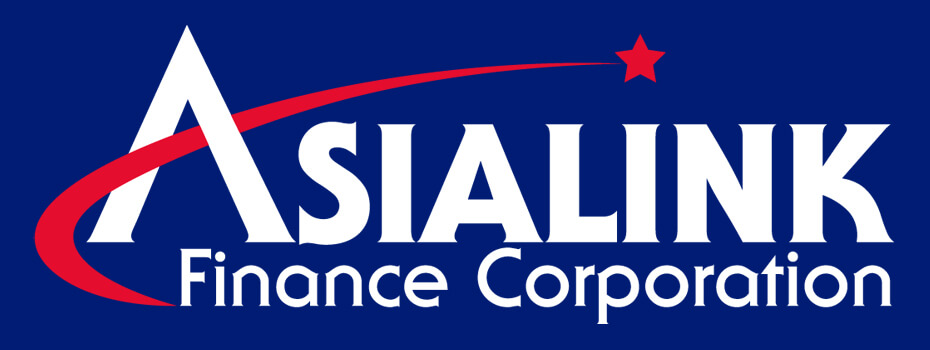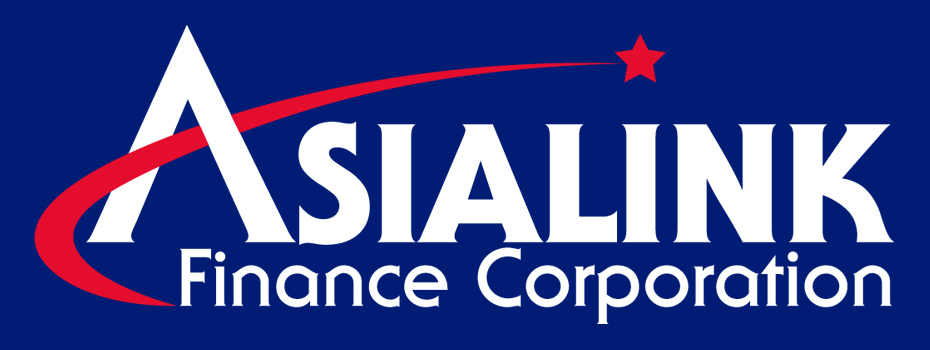Managing debt, whether good or bad, can be daunting as you must deal with high interest rates and multiple payments while keeping your finances afloat. For this reason, many people turn to debt consolidation—a strategy that aims to simplify repayments and potentially reduce financial strain.
However, as with any financial decision, it has advantages and disadvantages that depend on your financial situation. As such, you must consider this question: should you consolidate your debt?
This blog explores the pros and cons of debt consolidation and the signs of when to apply this strategy.
How Does Debt Consolidation Work?
Debt consolidation involves taking out a new, lower-interest loan to pay off multiple debts. Some lenders may directly pay off the loans on your behalf, while others disburse the loan proceeds to you. Then, it’s your responsibility to make the payments yourself.
This strategy can help you get better payoff terms, such as lower interest rates and monthly payments.
4 Pros and Cons of Debt Consolidation
While consolidating debt sounds like the perfect solution to paying off multiple loans, you must carefully weigh its pros and cons based on your financial situation and goals. Consider the advantages and disadvantages of debt consolidation below before making a decision.
Pros
1. Lowers interest rates
You can get lower interest rates with consolidated debt, especially if you’ve built a good credit score with your previous or existing loans. Otherwise, you can still get a lower interest rate if you find a lender with such offers.
2. Simplifies repayment
Managing different debts can get overwhelming, so much so that you may miss payments, incur penalties, and hurt your finances further when left unorganized. With the option to consolidate debt, you can manage one monthly payment instead of multiple ones. This approach can help you budget and track payments and have a clearer view of your financial status.

3. Improves credit score
Paying off consolidated debts on time demonstrates financial responsibility and improves your creditworthiness. A higher credit score can give you more opportunities to get loans with better terms and interest rates.
4. Speeds up repayment
Instead of repaying loans with different lengths, you can stick to one schedule and even speed it up with consolidated debt. Plus, since consolidating debt helps you secure a lower interest rate, you can dedicate more monthly payments toward paying down the principal balance and get rid of your debts faster.
Cons
1. Fails to address recurring debt
While consolidating debts can speed up the repayment process, it’s not a guaranteed solution to staying out of the debt cycle. Some people even accumulate more debt shortly after becoming free from it.
Use debt consolidation only as a tool to simplify payments and reduce interest. Fundamentally, you should still identify your triggers, such as overspending due to poor financial planning, to break the cycle. You should also seek guidance from a financial advisor to remain debt-free and develop healthier financial habits.
2. Maintains strict qualifications
If you don’t have a good credit score, you may be unable to access debt consolidation loans with low interest. Remember that the strategy entails taking a new loan with its own terms and interest rate.
To qualify for a new loan with low interest, you must improve your creditworthiness, organize your debts, and compare lenders. For instance, creditors may flag you for applying for a new credit card to consolidate your existing debts, as you may max out your limit in no time.
3. Sets you back further due to late payments
As mentioned above, debt consolidation won’t fix your financial habits. You must still pay your consolidated debts on time to achieve financial freedom and security. Otherwise, you may accrue penalties, increasing your debt and setting you back from your financial goals further.
4. Encourages increased spending
Since all your debts are in one account, you may be tempted to take out more loans under the misconception of having fewer responsibilities. This mindset is dangerous as you may lose more money than you can afford.
As a general rule, you must address unhealthy spending habits and financial behaviors to avoid accumulating new debts while in debt consolidation.

When Should You Consolidate Your Debt?
While debt consolidation carries certain risks and disadvantages, there are clear indicators that can guide you in determining when it’s appropriate to consolidate your debts and simplify your repayment process. Here are some signs of when to consolidate debt.
1. Your debts have high interest rates
High interest rates can hinder you from becoming debt-free, especially if you can only afford minimum monthly payments that primarily cover interest charges. Debt consolidation can help you secure a lower interest rate and save money in the long term.
Even if the reduction in interest rate is not significant, the small savings and the simplicity of a single monthly payment can contribute to better financial control and savings.
2. You have several monthly debt payments
It may be time to consolidate your debts into one if you’ve reached the point of juggling several bills of significant amounts each month. Managing your debts can help you experience greater financial organization and save you from handling multiple payments with each paycheck.
3. You have a good credit score
If you have a good credit score, you have a better chance of getting approved for a debt consolidation loan. Consequently, you can improve your credit score further if you pay the full amount on your monthly consolidated loan on time.
4. You want to improve your finances
Debt consolidation can ease you from the stressful experience of repaying several loans and credit with varying lengths and terms. With only one debt in mind, you can repay it faster and achieve a debt-free status quickly.
Manage Your Debts Today
Rolling multiple debts into one is a great way to manage your balances. However, remember that debt consolidation is not a one-size-fits-all solution. As such, you should weigh your options based on your financial situation and goals. Take the time to educate yourself, explore alternatives, and seek professional advice to make the best decision for your financial health.
When looking for a lender, choose one that offers flexible payment options and exceptional customer service, such as Asialink Finance Corporation. We are a loan financing company providing loans with low interest in favor of Filipinos with big financial goals but little to no money to work with.
Visit our website to get a loan and reach your financial goals.






